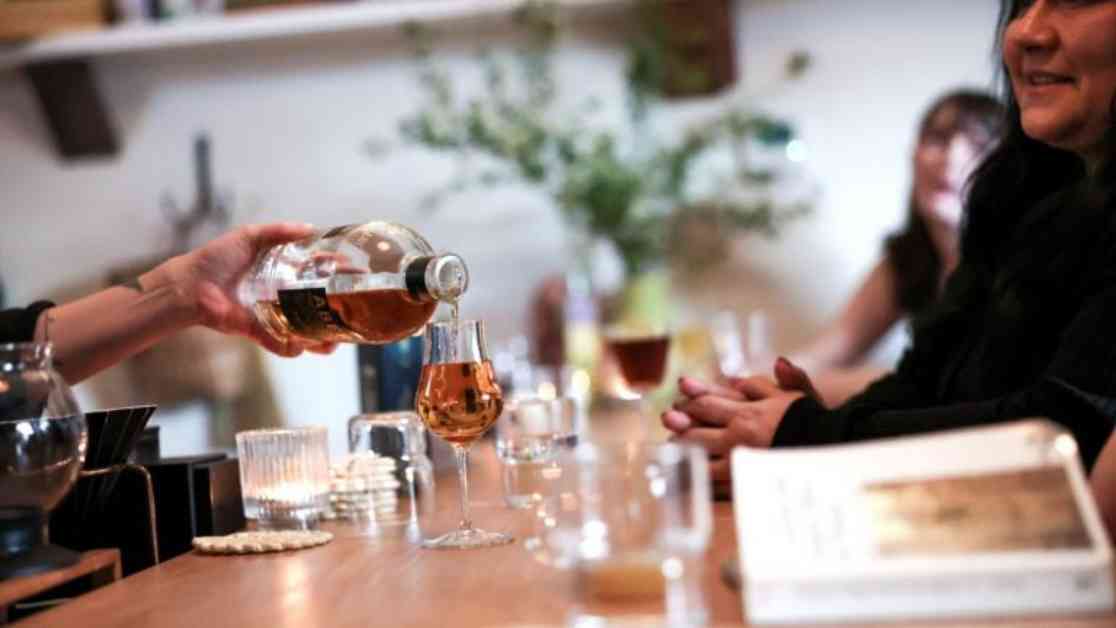In a city where the nightlife thrives on vibrant communities and bustling eateries, the recent announcement of 37 newly approved liquor license applications marks the beginning of a transformative journey for Boston’s culinary landscape. These applications are a part of the 225 new licenses granted by state lawmakers to alleviate Boston’s longstanding cap on liquor licenses, providing a much-needed opportunity for restaurant owners to secure these coveted permits.
City officials revealed that the City of Boston Licensing Board has approved 28 applications, with an additional nine having been previously approved. These licenses are strategically distributed across various neighborhoods, including Dorchester, Roxbury, the South End, Jamaica Plain, Mattapan, East Boston, Roslindale, Hyde Park, and Charlestown. The significance of this milestone cannot be overstated, as it signifies a step towards fostering growth and diversity within Boston’s culinary scene.
The legislation, signed by Gov. Maura Healey in September, outlines a comprehensive plan to distribute a total of 225 new liquor licenses over three years. The licenses encompass a variety of categories, such as zip code-restricted all-alcohol and beer and wine licenses, licenses for community spaces, and those specifically designated for Oak Square. By diversifying the range of available licenses, the city aims to address the disparities in liquor license distribution and promote inclusivity across all neighborhoods.
The licensing process underwent a significant transformation compared to previous years, with a shift from a first-come, first-serve model to a more nuanced evaluation of “public need.” The board carefully assesses factors such as the applicant’s location, the impact on the neighborhood, public support, and the applicant’s reputation. This approach ensures that the licenses are allocated equitably and contribute positively to the local community.
Mayor Michelle Wu expressed her support for the initiative, emphasizing the positive impact that these licenses will have on Boston’s small business economy. She highlighted the vital role that restaurants play in fostering community engagement and economic vitality, underscoring the importance of supporting local entrepreneurs in their endeavors.
As the licensing process unfolds over the next three years, aspiring restaurant owners have the opportunity to submit their applications for consideration. The phased approach aims to provide applicants with the necessary time to develop strong proposals and position themselves for long-term success. By nurturing a supportive environment for budding restaurateurs, Boston is paving the way for a more dynamic and inclusive dining scene.
The recent approval of 37 liquor license applications represents a significant milestone in Boston’s culinary evolution. These licenses not only offer new opportunities for restaurant owners but also hold the promise of revitalizing neighborhoods and fostering economic growth. As the city embarks on this transformative journey, the spirit of innovation and community engagement shines brightly, illuminating a path towards a more vibrant and diverse culinary landscape.






